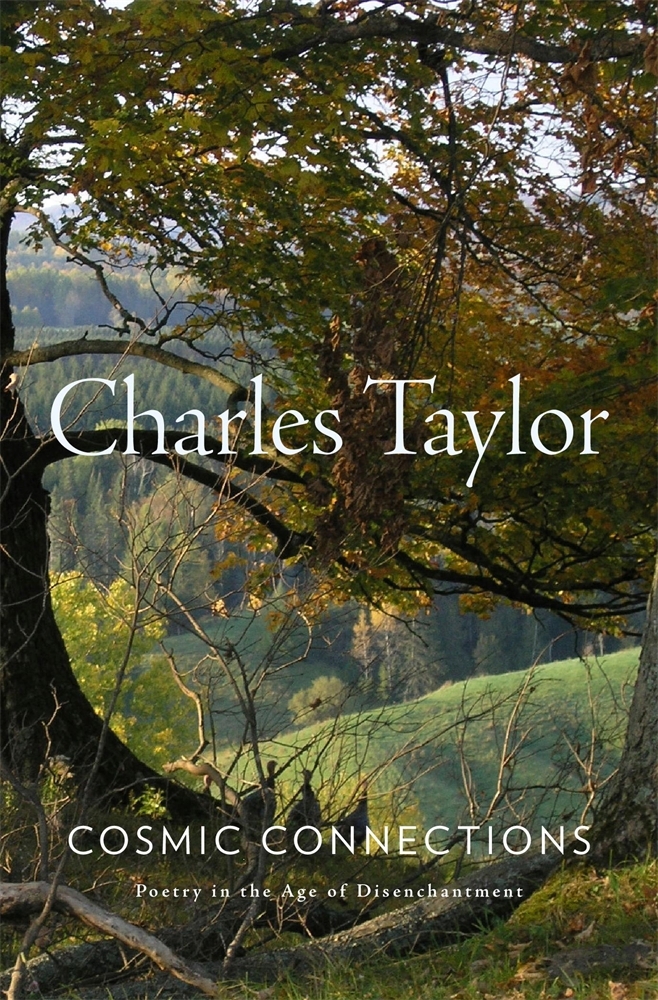
Poetics of the profound
At the beginning of the 19th century and well into the Industrial Revolution, William Wordsworth wrote: “The world is too much with us; late and soon,/ Getting and spending, we lay waste our powers;/ Little we see in Nature that is ours;/ We have given our hearts away, a sordid boon!”
Wordsworth’s sonnet was both a lament and a warning: With the benefits of science has come “disenchantment.” We have outgrown the old mythologies with their gods and spirits. But we have lost a sense of the sacred and our connection to it. This is the theme of Cosmic Connections by esteemed Canadian philosopher Charles Taylor.
For Taylor, poetry is much more than pretty words. It can point to a profoundly different way of perceiving the universe and our place in it (“What does poetry do? It begins to transform our experience.”)
Ancient cultures viewed the cosmos as a meaningful and interconnected whole. However, with Newton and the Scientific Revolution, there came a perceptual shift. The universe was now understood as a machine governed by natural laws. This mechanistic view understood the cosmos as a vast, impersonal system of forces, waves and particles, and eliminated the kind of spiritual connection that once gave meaning and purpose to human lives. “God is dead,” claimed the German philosopher Nietzsche.
Over the past 500 years, human life has become radically redefined through the advance of science, especially with our understanding of time (“late and soon”) and the rise in material acquisition (“Getting and spending”). But, he argues, it has also diminished people’s lives (“We have given our hearts away.”) Nature, which we once felt ourselves part of, has become “natural resources,” objects and things to be exploited, extracted, used. Our material benefit has also been our spiritual loss (“A sordid boon!”)
Primarily focusing on the Romantic poets Hölderlin and Novalis in Germany, Wordsworth and Keats in England, and post-Romantic poets such as Rilke, Baudelaire, Hopkins, Mallarmè, and Eliot, Taylor attempts to show how their poetry stretched the limits of language, suggesting a different quality of consciousness that enables us to see the world in new and profound ways.
This is not an easy book to read. Charles Taylor is an esteemed academic, so, not surprising, he writes in academese. Which is a shame because his thoughts and ideas are insightful, even transformative, calling for a new sense of cosmic connection, one that combines the insights of science with a more holistic, spiritual perspective that can restore a sense of wonder, meaning and purpose to our lives.
The book is about (what I see as) the human need for cosmic connection; by “connection” I mean not just awareness of the surrounding world, but one shot through with joy, significance, inspiration. My hypothesis is that the desire for this connection is a human constant, felt by (at least some) people in all ages and phases of human history, but that the forms this desire takes have been very different in the succeeding phases and stages of this history.
from Cosmic Connections
Charles Taylor
Belknap Press
This review first appeared in The Columbia River Reader (April 15, 2025.) Reprinted with permission.



